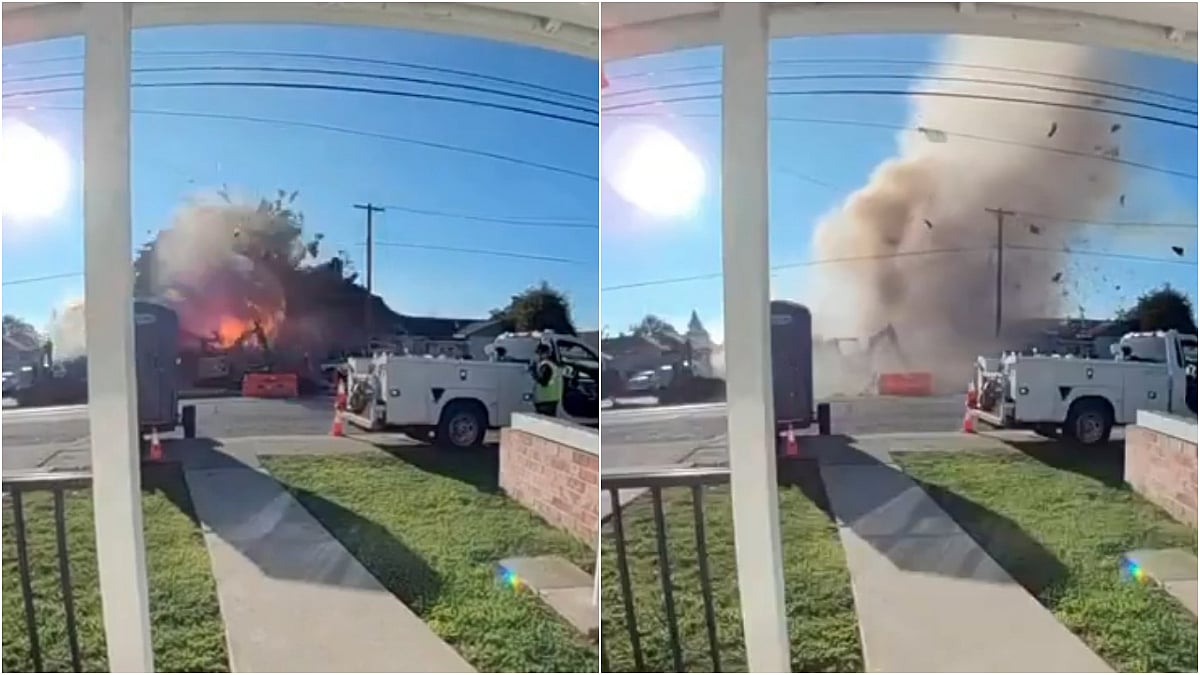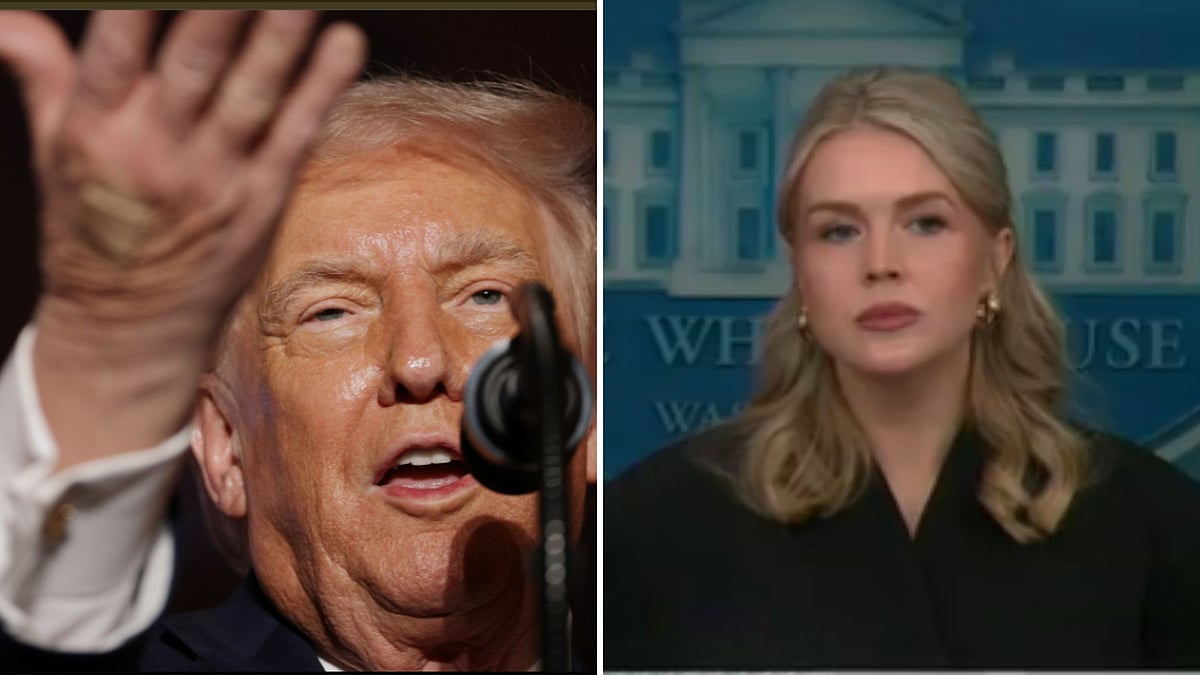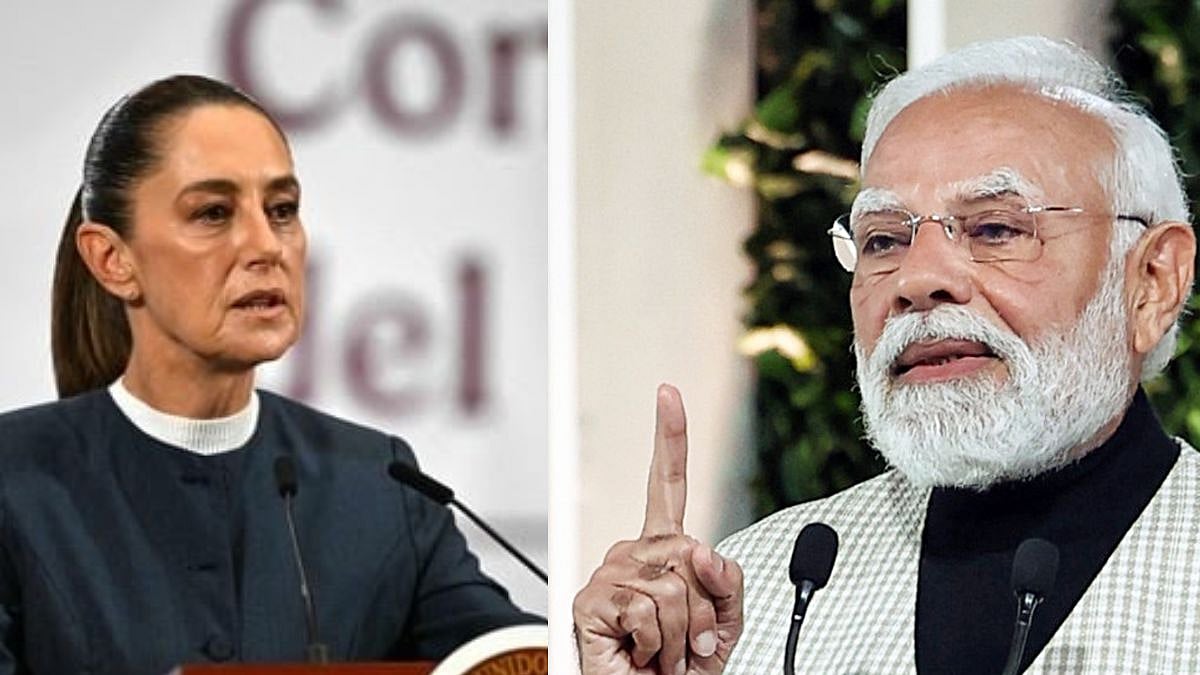Paris : In the nervous aftermath of the Hiroshima bombing 70 years ago, citizens spent decades on alert for a nuclear war that would wipe out billions in a radioactive firestorm and render Earth uninhabitable. Yet the apocalypse never came. Instead an unprecedented period of peace took hold between nuclear-armed global powers aware that a wrong move could wipe out the human race.
Nukes could never stop smaller wars and proxy conflicts — and look increasingly impotent against modern non-state threats such as jihadist groups or cyber-attacks — but “they are still a necessary tool”, said Mark Fitzpatrick, a nuclear security expert at the London-based International Institute for Strategic Studies. “It is pretty clear that mutually assured destruction has contributed to the absence of global war for the last 70 years,” he said. Nonetheless, as the atomic generation gives way to one that did not grow up building fallout shelters, some experts say nuclear weapons are no longer the ultimate guarantor of global peace. Growing instability around the world — the renewed rift between Russia and the West, simmering tensions between nuclear-armed India and Pakistan, a drive by China to modernise its nuclear forces and an ever-more bellicose North Korea — have undermined efforts to reduce the global stockpile of nuclear weapons and keep doomsday at bay.
With ties between Moscow and the West at Cold War lows, Russia has fallen back on its nuclear threat, boosting its arsenal and increasing flights by strategic bombers, in what NATO has described as “dangerous nuclear sabre-rattling”. Nuclear weapons are seen in Moscow as “ultimate proof that Russia is a great power” despite its struggling economy and poor international image, said Pavel Baev, a Russian military expert at the Peace Research Institute Oslo. He warned that Putin and his top brass had not “gone to the school of nuclear deterrence” and did not understand the “extraordinarily dangerous game” they were playing. Bruno Tertrais, an expert at the Paris-based Foundation for Strategic Research, said the fear of mutual devastation still made “large-scale military conflict between Russia and NATO unthinkable”. But as weapons spread to more volatile parts of the world, the threat of nuclear war grows. US, Russia, UK, France, China, India, Pakistan, Israel and N. Korea — possess some 16,300 nuke weapons between them, according to the Stockholm International Peace Research Institute.








